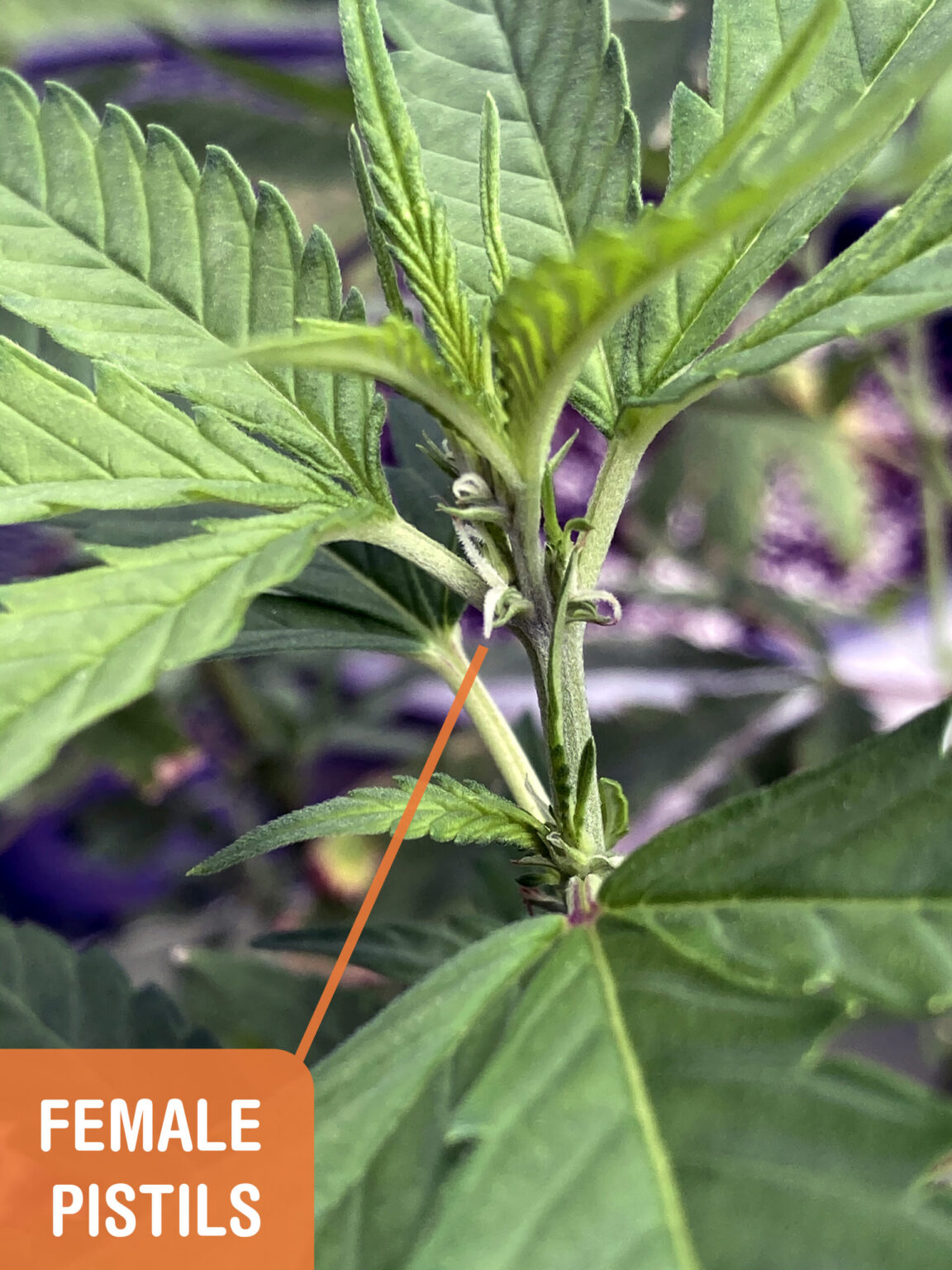In the realm of sustainable agriculture, an unforeseen participant has emerged, bringing with it a myriad of alternatives and opportunities—the humble hashish seed. Typically involved with recreational and medicinal use, cannabis seeds are now getting focus for their prospective function in promoting sustainability in agriculture. In this report, we’ll investigate how cannabis seeds can add to sustainable farming practices, from soil health to resource efficiency.
Nutrient-Wealthy Soil Modification:
Hashish plants are recognised for their potential to prosper in a wide variety of soil problems. Their deep root units improve soil structure and advertise aeration, which can be notably beneficial for crops that abide by in their footsteps. Moreover, cannabis vegetation are effective nutrient accumulators, absorbing excessive vitamins and minerals from the soil. When these plants are harvested, the nutrient-wealthy leaves and stems can be returned to the soil as natural make any difference, enriching it the natural way and lessening the have to have for synthetic fertilizers.
Biodiversity and Companion Planting:
In sustainable agriculture, sustaining biodiversity is vital for ecosystem equilibrium. Hashish crops can perform a part in this by serving as companion vegetation. Their one of a kind compounds, these types of as terpenes, can act as all-natural pest deterrents, shielding neighboring crops from damaging bugs. Integrating hashish into a diverse planting plan can add to a a lot more resilient and self-sustaining ecosystem, reducing the reliance on chemical pesticides.
Carbon Sequestration:
As the globe grapples with the troubles of local weather change, the importance of carbon sequestration in agriculture simply cannot be overstated. Cannabis vegetation are renowned for their rapid expansion and superior carbon uptake through photosynthesis. By incorporating cannabis into crop rotations, farmers can lead to carbon sequestration, mitigating the impacts of greenhouse fuel emissions. This solution aligns with sustainable farming procedures aimed at building much healthier, carbon-abundant soils.
Water Efficiency:
Water shortage is a urgent concern in agriculture, prompting the require for water-effective crops. Hashish plants show a remarkable skill to thrive in varied climates with various water availability. see this here allow them to accessibility water from further soil layers, minimizing competitors with shallower-rooted crops. By strategically integrating hashish into farming units, specifically in locations dealing with water challenges, farmers can optimize h2o use and advertise sustainable h2o administration practices.
Regenerative Farming Procedures:
Regenerative agriculture focuses on restoring and improving the health and fitness of the soil ecosystem. Hashish, with its flexible and resilient character, can be a critical participant in regenerative farming. The cultivation of cannabis utilizing regenerative methods, these as minimal tillage and protect cropping, can assist reduce soil erosion, make improvements to h2o retention, and increase overall soil fertility. This holistic technique to farming aligns with the rules of sustainability, guaranteeing the extended-time period wellbeing and efficiency of the land.
Conclusion:
In the evolving landscape of sustainable agriculture, cannabis seeds are rising as a valuable source for farmers trying to find modern and eco-pleasant solutions. From soil health and fitness to drinking water efficiency, the numerous characteristics of hashish plants provide a multifaceted tactic to addressing the troubles faced by modern-day agriculture. As we go on to discover the opportunity of hashish seeds in sustainable farming practices, it gets apparent that this unassuming seed could maintain the critical to a greener, additional resilient potential for our planet’s food stuff generation.
Leave a Reply